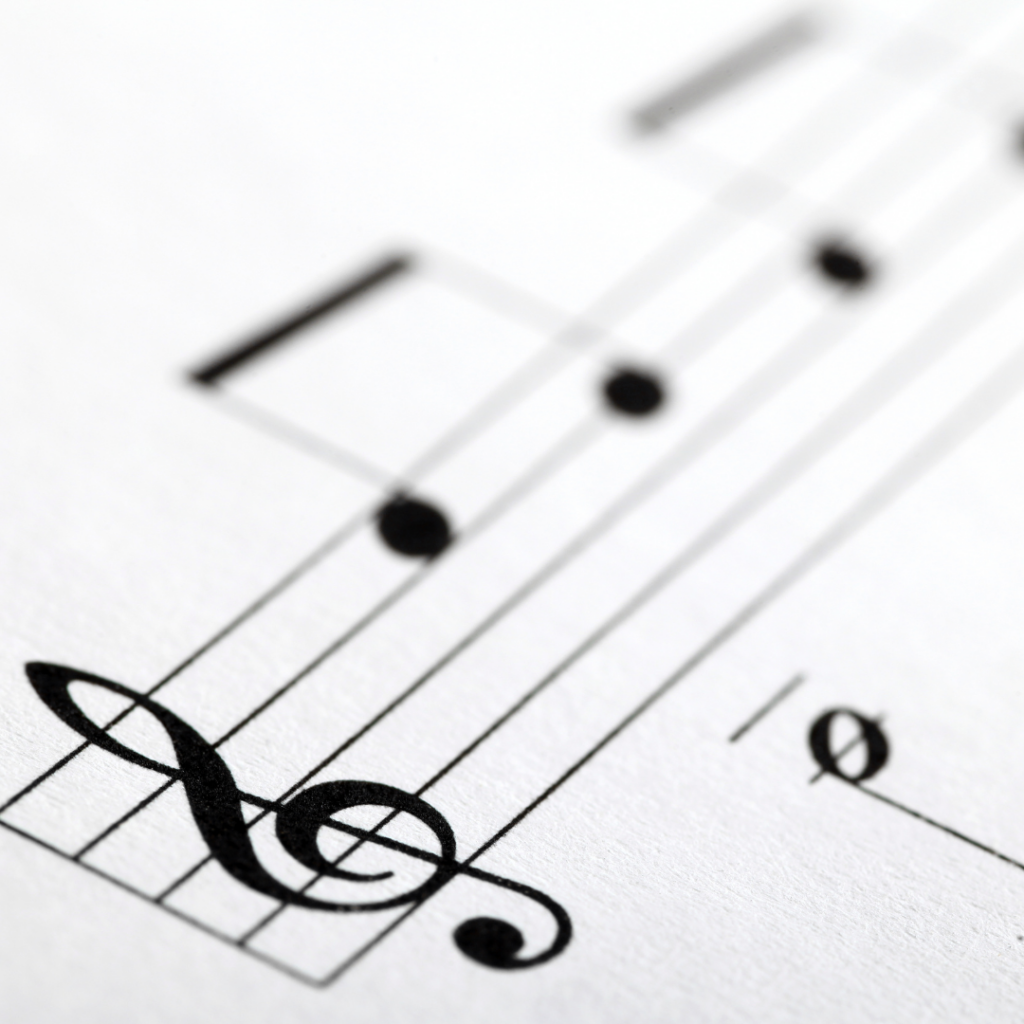Rose Claridge
BA (Behav Science), Grad Dip (Child Psych)
Lately, I have been struggling.
Grief, memories, loss and sadness can sideswipe your day. It can take your energy and motivation. From past experience of these times, I have tried to be kind to myself – going to bed earlier, spending time with family and friends, trying to walk in nature and I have upped my singing.
I am a pretty mediocre singer but gosh I love music. Music has been one of my closest allies in life.
Playing songs that reflect my mood and my life at the time has been a gift. Music invokes huge memories – family times, celebrations, times spent with loved ones who aren’t physically with me anymore. I can dive into so many genres – The Script, Jackson Browne, The Chicks, Coldplay, Dire Straits, Billy Joel, Taylor Swift, Louis Armstrong and of course who can resist Edith Piaf’s ‘Non, je ne regrette rien’ (translation – ‘No, I have no regrets’).

So, from a personal point of view, I know that music is a wonderful friend.
From an energetic point of view, music can have a positive, immediate impact on my mental state; fast tempos can psychologically and physiologically energise me. Slower, meditative tunes can help me relax and lower my stress levels. The late Neurologist Oliver Sacks wrote, ‘Music has a unique power to express inner states or feelings. Music can pierce the heart directly; it needs no mediation.’
A new analysis has empirically confirmed something that rings true for many music lovers – that singing, playing or listening to music can improve wellbeing and quality of life. ‘Many of us know from personal experience how profound a music intervention can be at times that include surgery, ill-health or mental health episodes’ said Kim Cunio, Associate Professor and Convener of Musicology at the Australian National University (who was not involved in the research). Cunio explained, ‘This study makes the connection between our personal experiences and a growing body of data of peer-reviewed research that makes the case for music as a frontline intervention in our health system.’
Stefan Koelsch, a Professor of Biological Psychology and Music Psychology wrote, ‘Why is music so important to our wellbeing? It has the ability to evoke music-evoked emotions and can modulate activity in brain structures that are crucially involved in emotion…There are huge implications for the use of music in the treatment of psychiatric and neurological disorders.’ 1
Maybe you have heard about the BBC Series ‘Our Dementia Choir’ which takes viewers on a huge emotional journey ‘to discover the true extent of music’s power in combating dementia’. The team at ‘Our Dementia Choir’ joined forces with some of the UK’s leading experts and took part in ground-breaking scientific studies to measure emotional and physical responses to singing over three months of regular sessions. I urge you to watch it – your heart will be fuller.
Of course, music alone is not the only answer but what if you could reignite your brain, reignite your voice and mood with music? It truly could be a wonderful friend.
With love and gratitude,
Rose
- Koelsch, S. Brain correlates of music-evoked emotions. Nat Rev Neurosci 15, 170–180 (2014.
